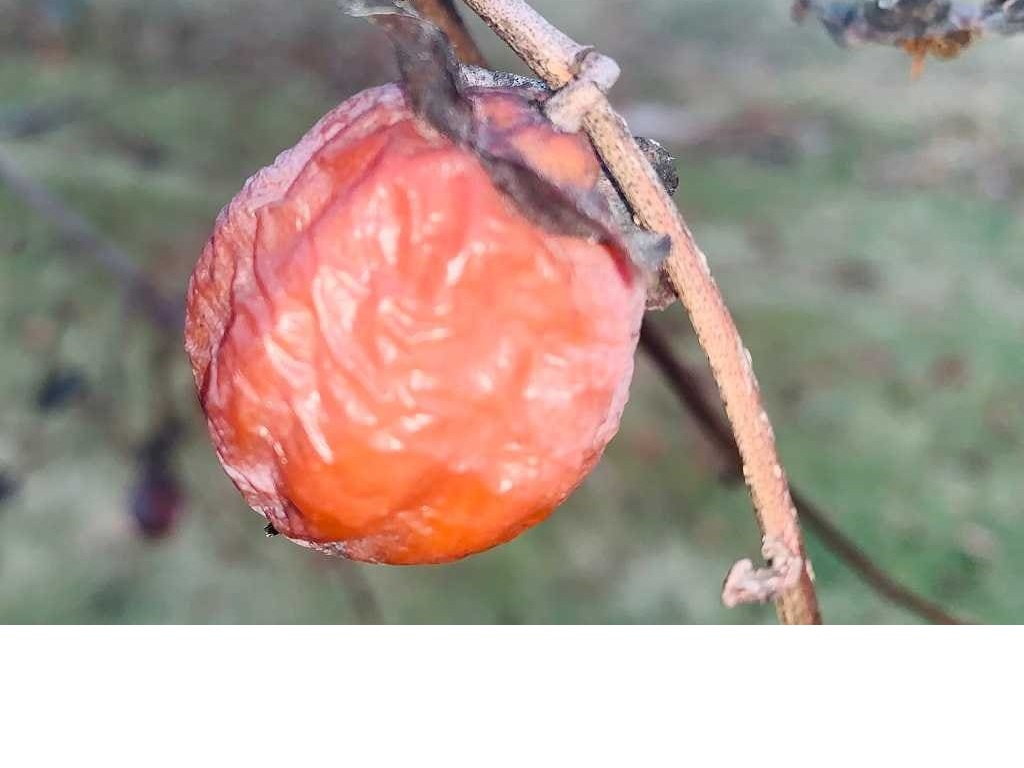Nature Deficit Disorder
Well known public information – rats placed in cramped metal cages, when given the choice of heroin, food or water, will compulsively press the heroin lever, even to the point of starvation and death. Little known public information – rats placed in a rat paradise with plenty of space and free access to food, will not choose the heroin lever, and those rats that are already addicted will naturally wean themselves off of heroin. (Source) Perhaps what destroys is not the drug, but rather the cage.
"It is ok not to know, to grabble and sit in neutral of information. This is true education."
Now to the human. Place people in boxes stacked on top of each other, require payment to occupy these box, replace natural places and food sources with more boxes, educate people in school boxes, bring them indoors to play in boxes, motivate and indebt them with better boxes, compel them to work harder for these boxes, urge them to exploit the community of life for more boxes, entertain them by having them stare into boxes, punish them in boxes, transport them in rolling boxes, mediate their view of nature with windowed boxes, and give them food that is shipped in boxes and preserved in boxes. The result – far too many people who will uproot anything, destroy everything, and pull any lever, whether it be a drug lever, gambling lever, overeating lever, consumerism lever, television lever, competition lever, social media lever, criminal lever, money lever; any lever to temporarily relieve themselves from the mediated reality that surrounds them – an adaptive response to a caged environment.
"Theuths, one-eyed prophets who see only what new technologies can do and are incapable of imagining what they will undo."
A world full of boxes is not the only reality we can create, and the Persimmon tree is a reminder of this. Being called the “fruit of the gods,” and the “paradise apple,” it cannot help but send one’s thoughts to the paradise of Eden; a story of unmediated and undomesticated nature, full of free born plants and trees, as well as free access to these gifts. What levers could we walk away from if we stopped preventing the emergence of paradise, if we stopped paving over it with boxes and their necessary extensions?
"Much of our activity these days is nothing more than a cheap anesthetic to deaden the pain of an empty life."

